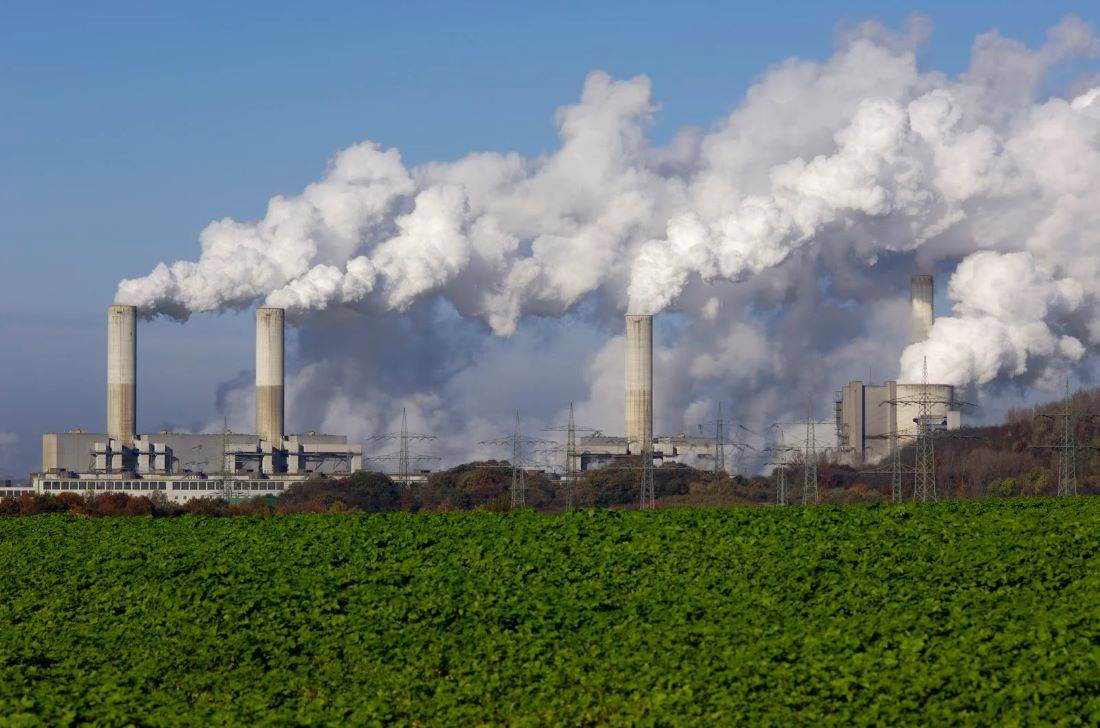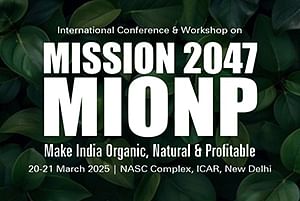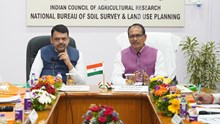
The policy, set to take effect gradually from 2026, is aimed at preventing “carbon leakage” and ensuring a level playing field for EU products. Non-compliant goods will be subject to a special tax, with cement, electricity, fertilizers, iron, steel, and aluminum products initially targeted.
Indonesia and Malaysia will be among the hardest-hit ASEAN member states due to their significant exports of iron, steel, and aluminum to the EU, according to the Singapore-based think tank ISEAS–Yusof Ishak Institute.
Malaysian Minister of International Trade and Industry, YB Tengku Zafrul Aziz, called the policy unfair, stating that European countries could not expect ASEAN countries to follow their transition timeline.
He added that the policy would require companies to invest more to meet environmental, social, and governance (ESG) standards, which only larger companies have the resources for.
The head of the Indonesian Trade Ministry's policy agency, Kasan Muhri, also expressed concerns that the policy would result in a decline in exports, particularly for iron and steel.
However, he said that Indonesia was prepared to anticipate further development of the policy, including its possible expansion to other goods.
Meanwhile, Ramesh Subramaniam, Director General for Southeast Asia at the Asian Development Bank (ADB), said that the policy may have a significant impact on ASEAN economies, many of which still rely on fossil fuels as a primary energy source.
He cited studies showing that ASEAN countries could achieve a net gain of $240 billion per year by decommissioning coal-fired power plants by 2030 and using more renewable energy. However, achieving this progress would require more investment and time.

















